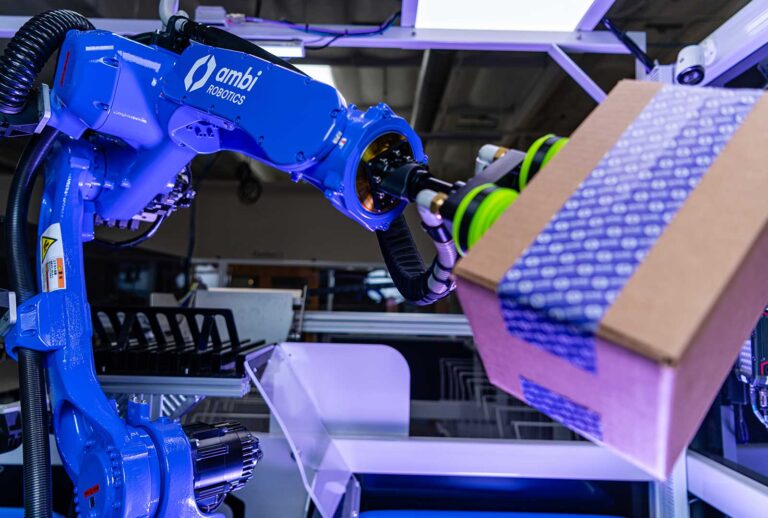Geopolitics of the Electric Vehicle Supply Chain
Henry Sanderson, Author, Volt Rush: The Winners and Losers in the Race to Go Green joined Grayson Brulte on The Road to Autonomy podcast to discuss the geopolitics of the electric vehicle supply chain and his book.
The conversation begins with Henry discussing why he wrote the book.
I really wanted to capture the idea that the energy transition, the move to clean energy wasn’t as simple as putting up some solar panels or wind turbines or swapping your just swapping car for electric. It actually involves a creation of whole new supply chains and opening people’s eyes to what this means.
– Henry Sanderson
The electric vehicle supply chain is fragile and comprised of geopolitics. When global carmakers first started to prepare for their supply chains for electric vehicles, they were caught flat footed when they entered the world of commodity trading.
In the book, Henry documents a meeting between executives at VW and a group of global cobalt traders where VW demanded a discount because they are VW. There was no discount, no cobalt sold and VW learned a hard lesson, they could no longer dictate pricing.
They thought of batteries and other things as commodities that they as big car makers could just buy and the suppliers would come running to be part of the VW supply chain.
– Henry Sanderson
With the growth of electric vehicles, new suppliers are coming online to meet the global demand. Sony which first commercialized the lithium-ion battery in 1991 could be entering the EV battery space as they look to commercialize their VISION-S EV. In South Korea, LG Chem and SK Innovation continue to invest in producing electric vehicle batteries. Then there is China which for all practical purposes controls the global EV supply chain.
It’s all part of making the world safe for China’s rise and knitting countries together into a sort of China, new China world order.
– Henry Sanderson
In 2013, President Xi of China gave a series of strategic speeches as part of China’s Belt and Road Initiative that were made in locations that possess the rich minerals needed for electric vehicles. As part of those speeches, China announced strategic investments in those countries. While the investments were not specifically targeted at electric vehicles, they indeed had a strategic purpose.
If China takes aggressive action towards Taiwan, the likelihood of the country becoming isolated from global trade is highly likely. Grayson and Henry discuss what the impact would be on China economically and the clean energy supply chain.
It’s amazing when you get into the nuts and bolts of it how integrated China is into the global economy and especially in clean energy where you got 80% of the solar supply chain, 90% of rare earth magnets, 80% of lithium-ion batteries, processing of almost all of these minerals in China.
– Henry Sanderson
When it comes to the EV supply chain, China is operating a strategic advantage. In the private sector, Glencore is operating at a strategic advantage because of their cobalt mines in the Democratic Republic of the Congo. While Glencore has a strategic advantage, the company is not without its own controversies.
The DRC is one of those countries that I think wants to benefit from the energy transition, and when you think of developing countries being victims of climate change, we need to help them, we need to step in.
– Henry Sanderson
In Indonesia runoff from the nickel mines are polluting the ocean and damaging the country’s coral reefs. As negative environmental impacts come to light along along with human rights abuses, consumers will start to demand transparency in the supply chain.
In this whole transition the opportunity for innovation is huge and it’s not beyond our wits as man to solve some of these issues. You are exactly right, consumer pressure as we have seen in cobalt can actually really play a big part.
– Henry Sanderson
While consumers demand transparency, Governments around the world are working on ways to diversify away from China for the EV supply chain. This change is being driven partly by the Inflation Reduction Act in the United States. In the United Kingdom, the country is looking to possibly bring the Cornwall lithium mines online one again. The global trend of diversify away from China will only continue as the electric vehicle industry continues to grow and prosper.
Wrapping up the conversation, Henry shares his opinion on how he sees the global electric vehicle supply chain evolving in the coming years.
Recorded on Monday, October 17, 2022




